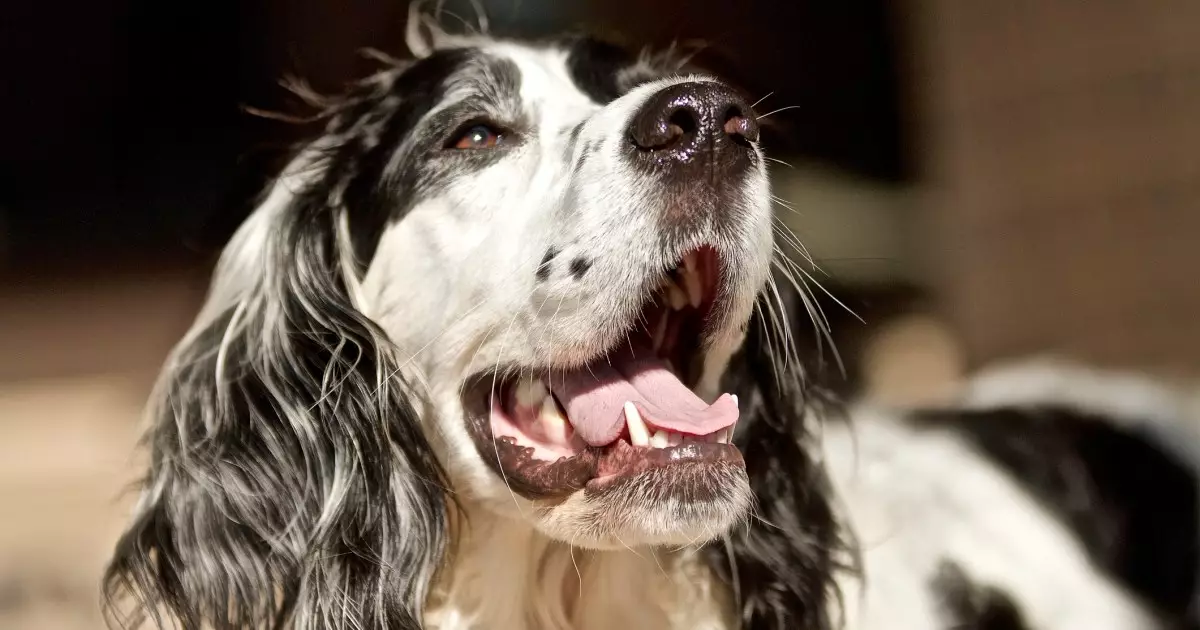The love and loyalty that a dog offers can often be overshadowed by certain unpleasant realities, one of which is bad breath. While affectionate slobbery kisses may warm your heart, it’s hard to overlook an offensive odor emanating from your furry friend. Poor breath is not just a minor annoyance; it can also signify more significant underlying health issues. This article will explore the common causes of bad breath in dogs and provide actionable solutions to improve their oral hygiene and overall wellbeing.
One of the most frequent causes of bad breath in dogs is periodontal disease, which stems from a lack of dental care. Studies indicate that dogs are approximately five times more susceptible to gum disease than humans, primarily because they often do not receive regular dental cleaning. Periodontal disease occurs when plaque—the combination of food particles, bacteria, and saliva—builds up on the teeth, forming tartar that irritates the gums. This condition can lead to more severe health issues, such as tooth loss or systemic infections.
The best defense against periodontal disease is to establish a routine oral hygiene regimen. Just as humans are advised to brush their teeth twice daily, dogs should also have their teeth brushed regularly. This not only helps in combating bad breath but also decreases the risk of serious health complications. While dental treats can aid in cleaning, they should not be seen as a substitute for brushing. Understanding the proper technique for brushing your dog’s teeth can go a long way in ensuring their oral health is maintained.
Another cause of stinky dog breath can often be traced back to their dietary habits. Dogs may indulge in less-than-appetizing snacks, such as garbage or feces, which can dramatically affect their breath. This behavior, known scientifically as coprophagia, is distressing for pet owners but not uncommon. To combat this issue, it is crucial to monitor your dog closely, especially during outdoor time. Ensuring that garbage bins are secured and litter boxes are out of reach can help deter this unappealing habit.
Exposure to these unsavory substances not only contributes to bad breath but can also lead to more severe health risks. If your dog has a habit of scavenging for food, it might be worth exploring other dietary options or behavioral adjustments to mitigate this practice.
While periodontal disease and dietary issues are frequently at the heart of bad breath, other health problems can also play a significant role. Breath that has a urine-like smell could signal potential kidney dysfunction or other severe health complications. Kidney disease is alarming and requires immediate veterinary attention. Early intervention can be crucial, and understanding the symptoms can save your dog’s life.
Similarly, gastrointestinal issues can manifest as foul breath. Signs of digestive problems may include lethargy, vomiting, and loss of appetite. If these symptoms accompany bad breath, consulting a veterinarian for a diagnosis is essential. Treatment options can vary, ranging from dietary changes to medication, depending on the severity of the condition.
The best approach to managing your dog’s breath is prevention. Regular dental care is vital and incorporating a twice-daily teeth brushing routine is recommended. If your dog is apprehensive about traditional brushing, there are various alternatives available, including dental wipes or specially formulated dental chews that can help keep their teeth in shape.
Additionally, routine veterinary check-ups can help identify any emerging health issues before they escalate. Regular cleanings by a vet can also play a significant role in maintaining your dog’s oral health.
Bad breath in dogs can often be more than just an annoyance; it can point to significant health issues that require attention. From periodontal disease to dietary habits, understanding the root cause of your dog’s foul breath is essential for ensuring their overall health. By being proactive with oral hygiene and regular vet visits, you can keep your dog’s breath fresh and maintain their sparkling health, allowing for those slobbery kisses without the unpleasant odor.

